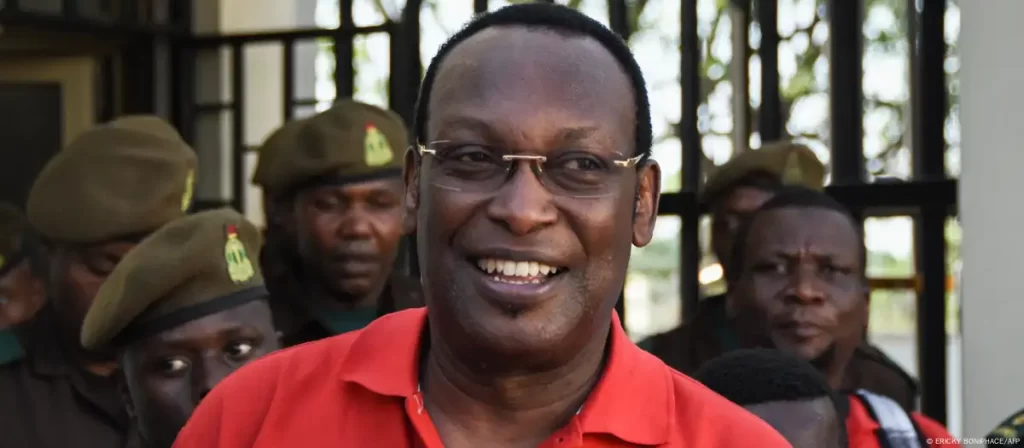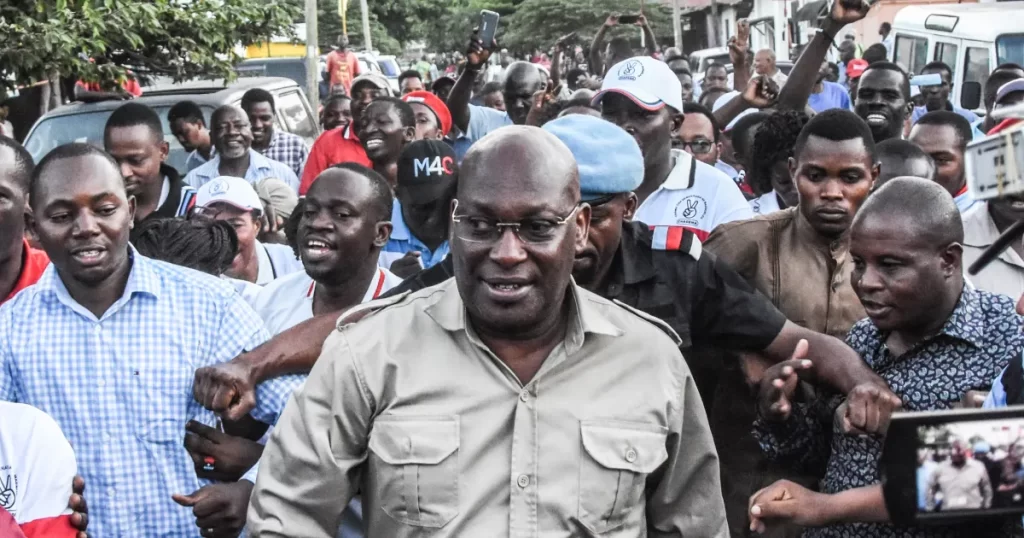DAR ES SALAAM, Tanzania – Officials confirmed on Tuesday that most leaders of Tanzania’s main opposition party, Chadema, have been released from custody.
This development follows the arrest of approximately 520 people connected to the party on Monday, raising concerns about the state of political freedom in the country.

In a statement shared on social media platform X, Chadema spokesperson John Hrema announced that party chairman Freeman Mbowe and his deputy, Tundu Lissu, had been released and returned to Dar es Salaam.
“Freeman Mbowe and Tundu Lissu have been returned to Dar es Salaam by police and have bailed themselves out,” Hrema stated.
Police Chief of Operations Awadh Haji confirmed that all top Chadema leaders who were arrested had undergone interrogation and other procedures before being released.
“All the top Chadema leaders who were arrested, after interrogation and other procedures, have been returned to where they came from,” Haji said.
However, Chadema disputed the police’s claim that all of its officials had been released, though the party did not specify which leaders might still be in custody.

The mass arrests occurred as young party supporters gathered for a rally in honor of International Youth Day.
The crackdown has sparked fears among rights groups and dissidents that Tanzania could be regressing to the repressive political climate seen under the late President John Magufuli, especially with national elections scheduled for next year.
Under Magufuli’s administration, opposition parties faced significant restrictions, including a six-year ban on public gatherings.
Magufuli’s successor, President Samia Suluhu Hassan, has made efforts to restore “competitive politics” since taking office, lifting the ban on opposition gatherings in 2023 and easing other restrictions.
Despite these reforms, Chadema leader Freeman Mbowe has voiced ongoing concerns, expressing distrust in the government’s commitment to genuine political freedom.
The recent arrests, coming in the context of a youth-focused event, have reignited these fears, with many questioning whether the government’s actions signal a return to the oppressive tactics of the past.
As Tanzania approaches its next round of national elections, the treatment of opposition parties like Chadema will likely continue to be a critical issue.



